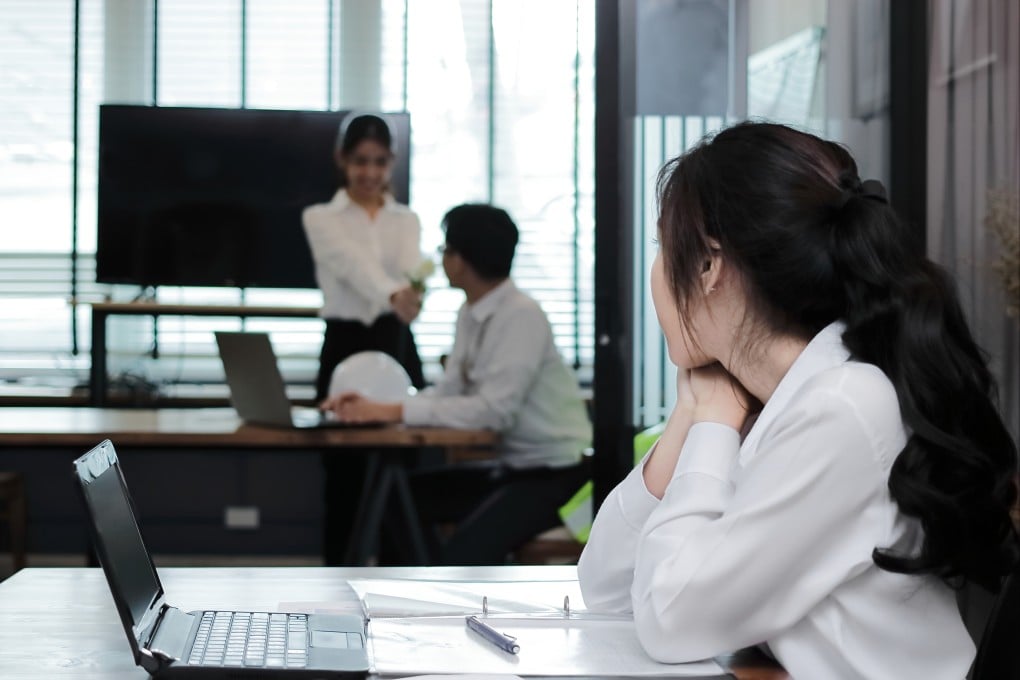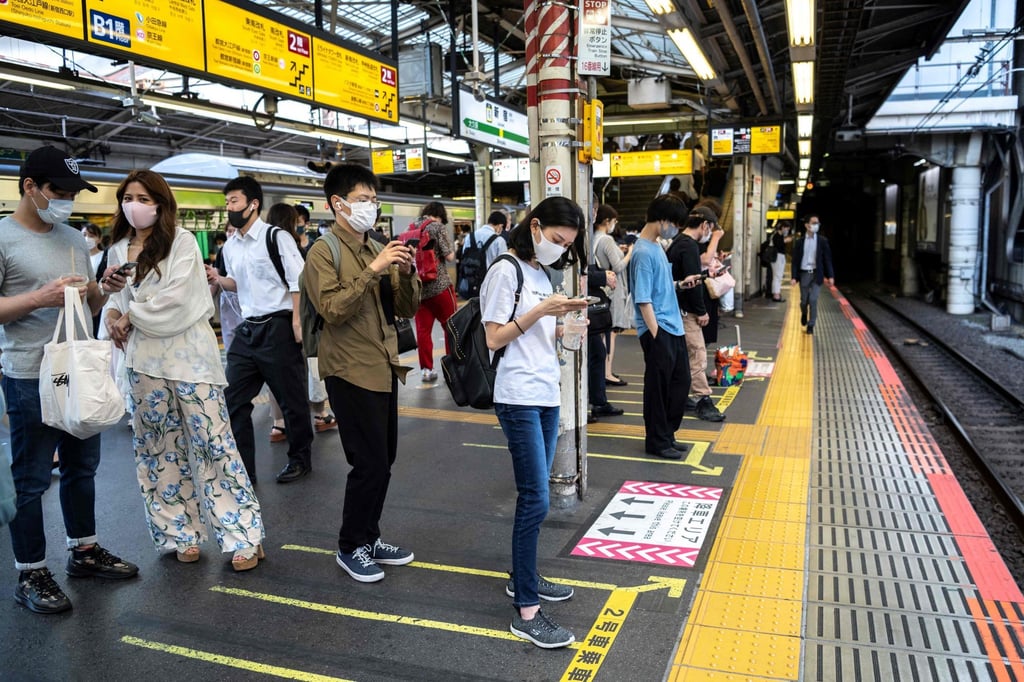Office romances blossom in Japan as taboo on dating colleagues wanes amid pandemic
- Long seen by employers as a source of distraction and awkwardness, workplace relationships have become more accepted in Japan since the global health crisis
- The change, say observers, is partly being driven by young people, who feel less of a need to keep their loves lives private than their elders

For well over a year, fear of becoming the target of office gossip or upsetting his employer caused Junya Ozawa to hide his relationship with a work colleague.
“We just decided that it would be easier if other people in the company didn’t know,” said the 23-year-old employee of an event management company in Yokohama.
“We didn’t want other people to be talking about us and my girlfriend thought that the company might move her to another department or even another office if they found out.”

But the pandemic appears to have brought with it a change in attitudes, leading more employees to open up about their coronaka, or “corona relationships”.
Ozawa and his girlfriend had to come clean about their office romance after a colleague saw them out together on a date. But even with their relationship out in the open, no one seemed to mind – their workmates were happy for them, he said, and the company put up no resistance.